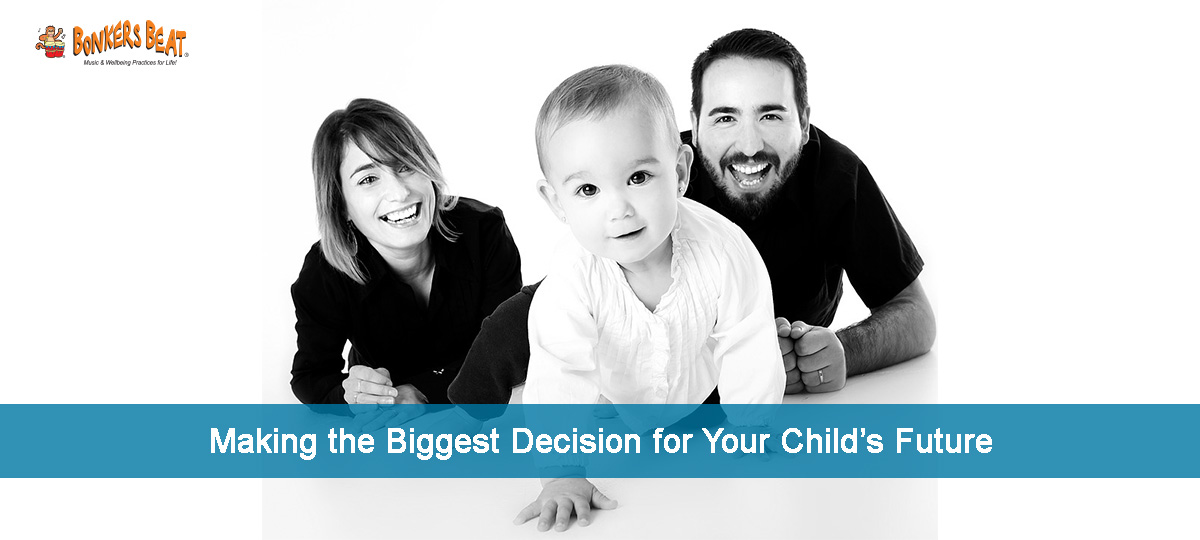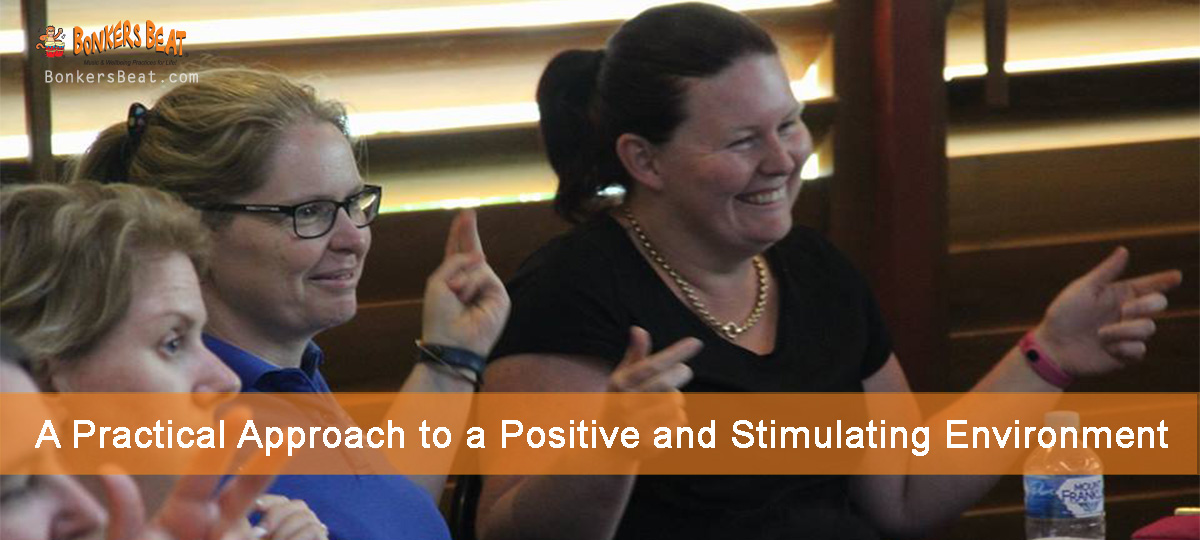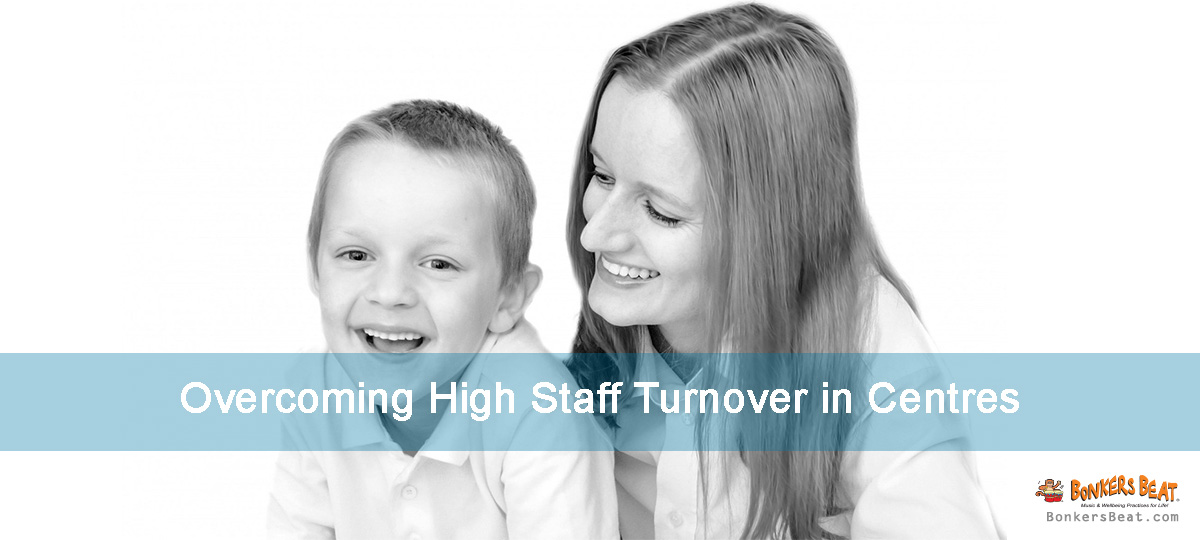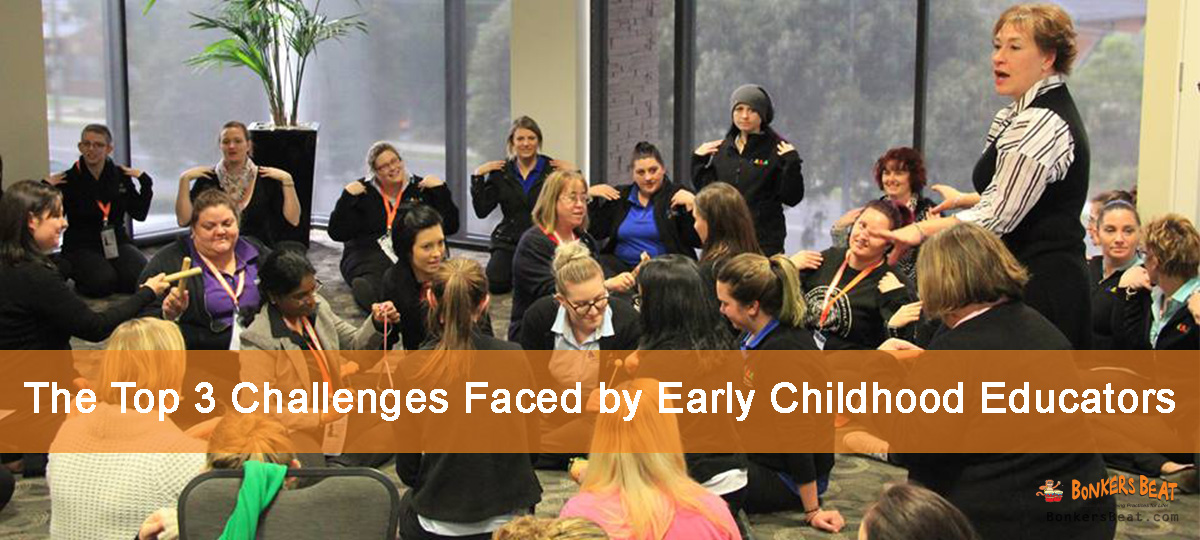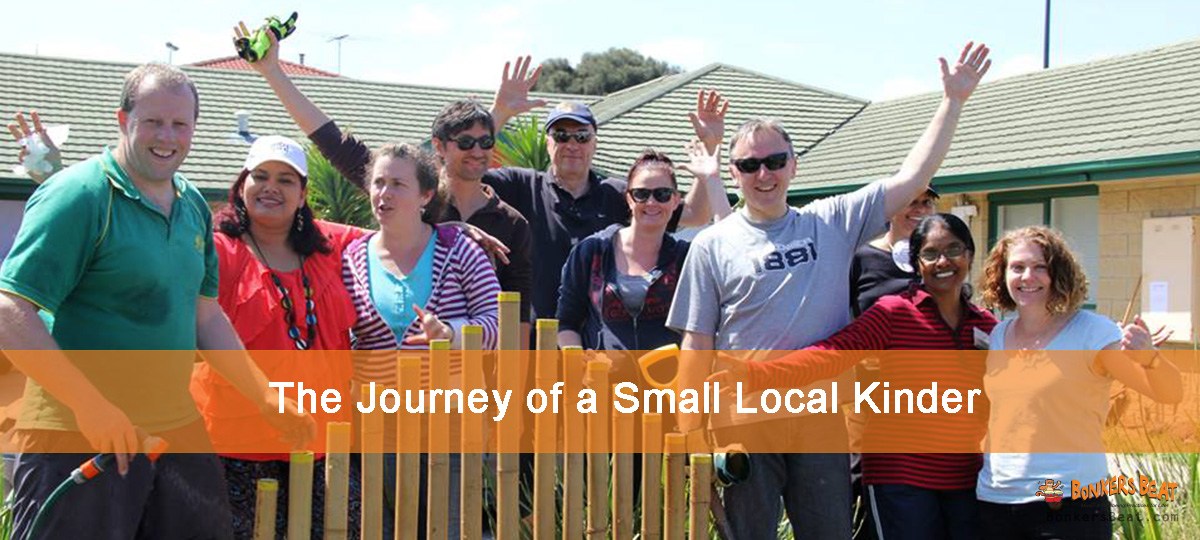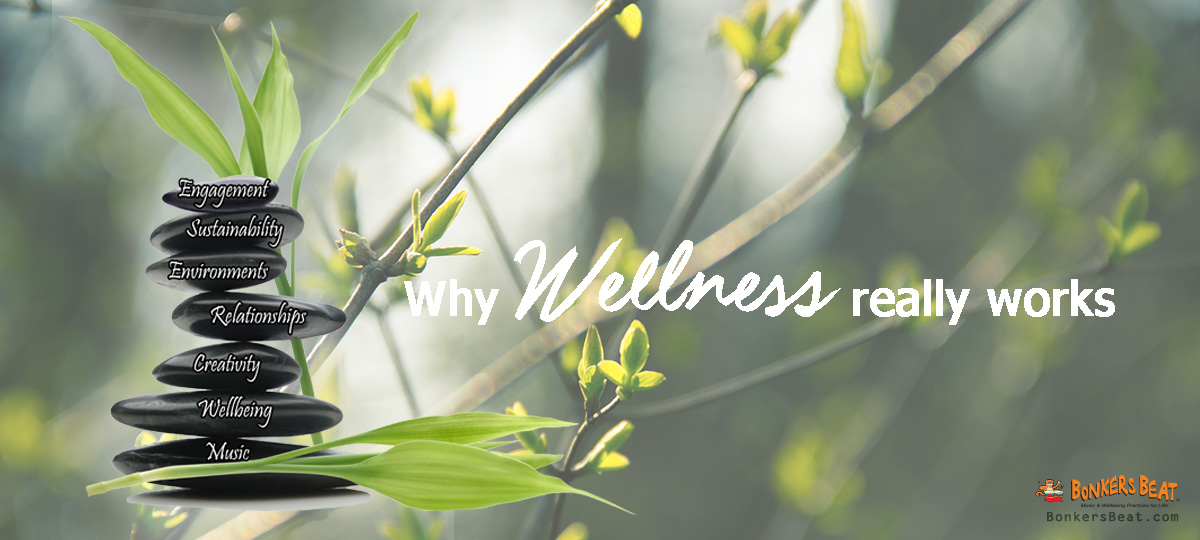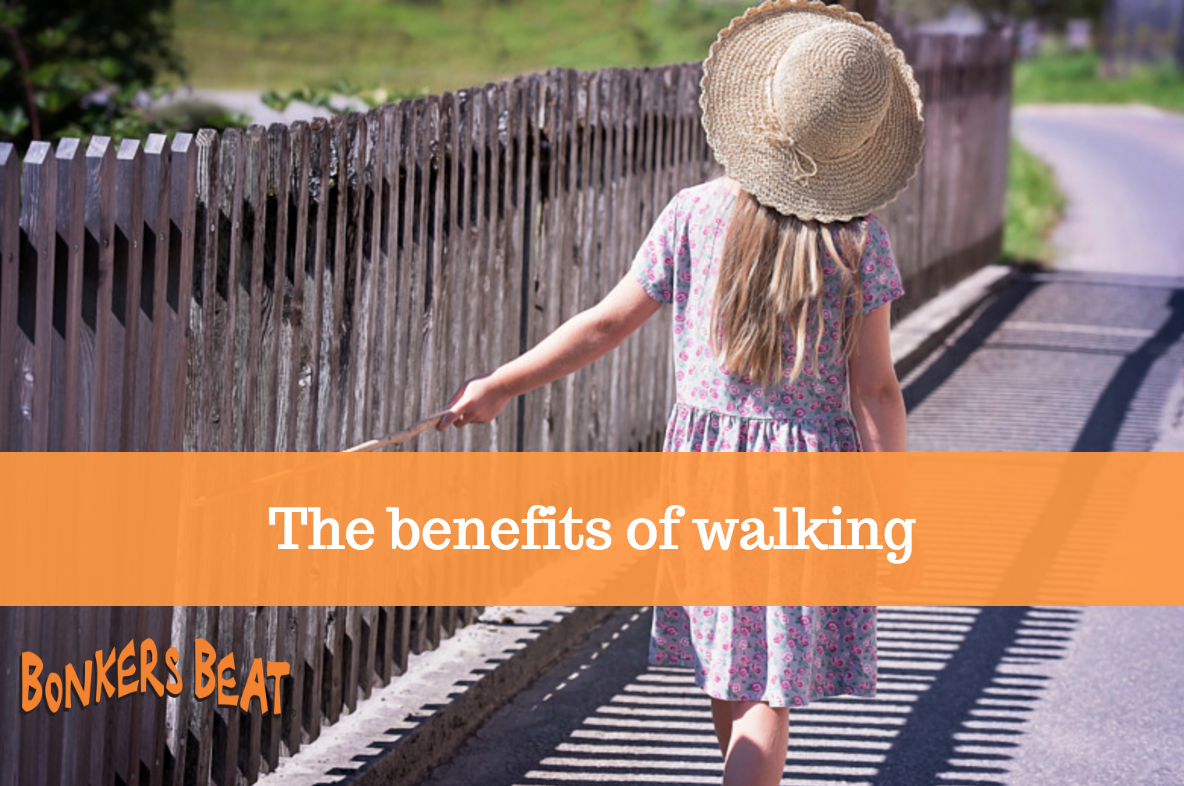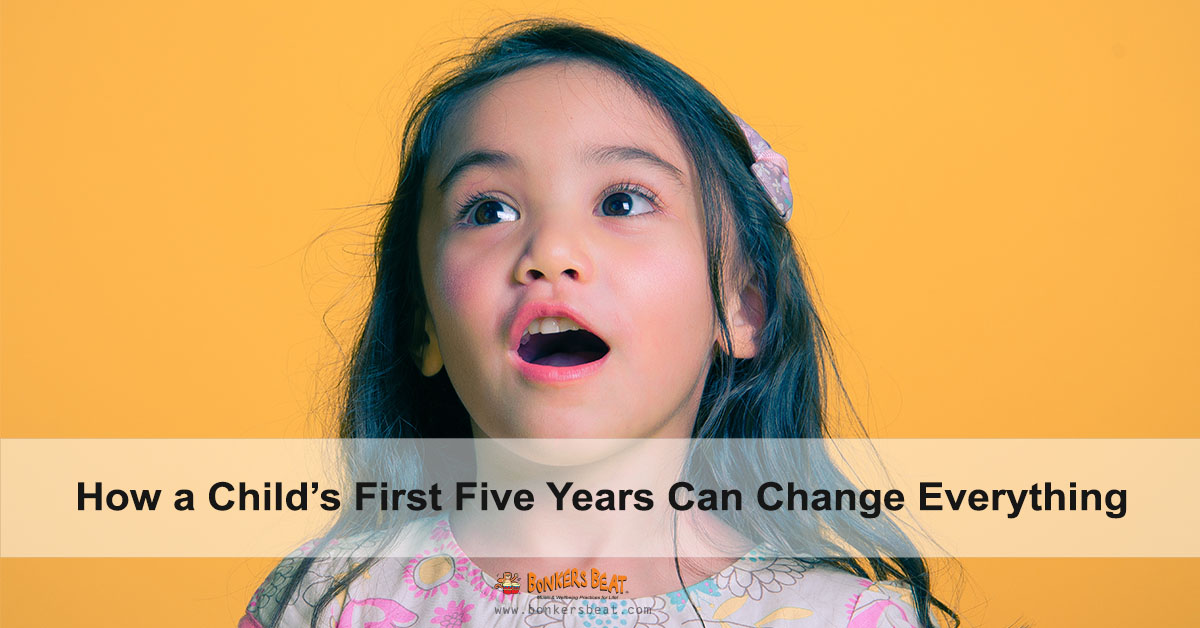Welcome to 2017! A new year is upon us with 12 months of amazing opportunities for success and happiness for us all.
Like many, you may have made some resolutions entering the new year… These can come in many shapes and forms – quit a bad habit, eat healthier food, do more exercise, visit friends more often…
Did you know that making resolutions on January 1st is said to date back to the time of Julius Caesar? He created the tradition, basing it on a mythical Roman god named Janus. Janus had two faces so he was able to simultaneously look back into the year that has past while looking forward into the new year that has commenced.
Two faces aside, we can all do a little bit of this, and should. That is, we should all reflect on 2016 and try to work out what went well and why. How can we repeat it? Can we do better?
We can also consider what didn’t go so well or where there was plenty of room for improvement. Again, why? And how can we make change and take steps towards bettering this area in 2017?
This year Bonkers Beat has made the resolution to grow and reach more early childhood educators and industry professionals than ever before.
We are expanding the Bonkers Beat Music and Wellbeing Program, providing more room for centres right across Australia to come on board. We are even taking interest from those interested internationally!
The Bonkers Beat Program includes more than ever before too – more value and even more amazing results for centres, management, educators, families and, of course, for children.
Just a reminder too that Bonkers Beat members have exclusive access to not one but TWO jam-packed, high quality early childhood professional development conferences in your state this year. We are very excited about our special guest speakers for the 2017 Wellness Summits, and you should be too!
Bonkers Beat could be just what you need to achieve your 2017 resolutions. In fact, it’s not too late to join us and come along to our February and March Wellness Summits! Click here to learn more about our programs or email your expression of interest to admin@BonkersBeat.com.
Again, welcome to 2017 and we can’t wait to make this year absolutely awesome with you all!


